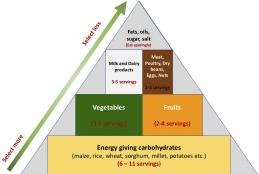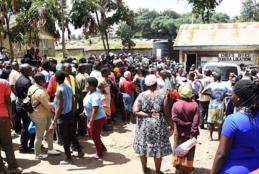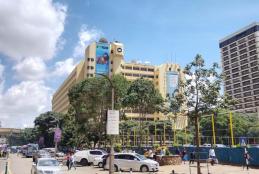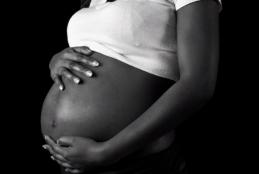Contractual Considerations in the Era of COVID-19
The World Health Organization declared the outbreak of COVID-19 a pandemic on March 11, 2020. In response, governments across the world introduced a raft of measures, such as travel bans and business restrictions, to halt its spread. As efforts are underway to contain and stop its spread, the impact to businesses and economies across the world has become enormous.






